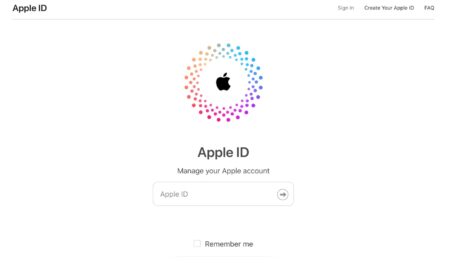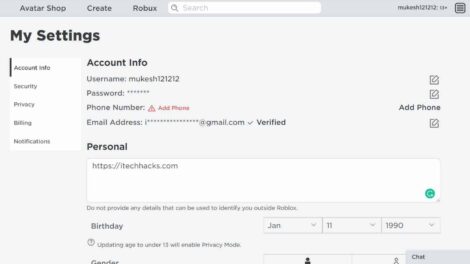In an announcement that caught many by surprise, Google, the parent company of Fitbit, declared its intention to phase out all third-party apps and clock faces from the Fitbit App Gallery for users within the European Economic Area (EEA). This significant policy shift, slated for implementation in June 2024, signals a new chapter for Fitbit enthusiasts in the EU, potentially reshaping their device experience.
Understanding the Impact on EU Users
The forthcoming change heralds a series of adjustments for Fitbit’s EU user base, notably:
- Reduced App Variety: The ability to download and integrate new third-party apps into Fitbit devices will cease post-June, leaving users to rely solely on Google’s offerings and any pre-existing applications on their devices.
- Uncertainty Over Existing Apps: It remains ambiguous whether currently installed third-party applications will continue to operate beyond the June deadline, casting a shadow of uncertainty over the utility of these apps moving forward.
- Diminished Customization: The exclusion of third-party clock faces significantly narrows personalization options for users, potentially impacting the device’s aesthetic appeal and user interface.
The Rationale Behind the Change
Google attributes this strategic pivot to “regulatory requirements,” presumably in response to the European Union’s stringent digital regulations, such as the Digital Markets Act. However, the specifics of these regulatory pressures are not fully disclosed, leaving room for speculation regarding the underlying motivations.

Navigating the New Landscape: Advice for EU Users
Fitbit users in the EU facing this transition may consider several proactive measures:
- Pre-emptive Downloads: To ensure continued access to favored third-party apps, users are advised to download these applications before the June cutoff.
- Seeking Alternatives: Those for whom a broad app ecosystem is crucial might explore alternative fitness tracking devices that offer greater flexibility in app selection and customization.
- Reaching Out to Google: Affected users can express their concerns and seek further clarification from Google’s customer support, potentially influencing future policy adjustments.
Broader Implications: A Global Precedent?
While currently limited to the EU, this policy raises questions about the future of third-party app compatibility on Fitbit devices worldwide. Could this regional restriction presage a more global strategy of streamlining Fitbit’s app ecosystem under Google’s direct oversight?
The Evolution of Fitbit’s App Ecosystem
This move marks a significant transition in Fitbit’s approach to app management, hinting at Google’s long-term vision for the platform. Whether this will lead to an enriched suite of Google-developed apps or a more restrictive, closed ecosystem remains a subject of keen interest and speculation.
A Moment of Reflection for Fitbit Users
For many EU-based Fitbit users, this development is a stark reminder of the evolving digital landscape and the delicate balance between innovation, customization, and regulatory compliance. As Google navigates these waters, the decisions it makes will not only affect the immediate functionality and appeal of Fitbit devices but also set precedents for how tech giants adapt to and shape the regulatory environments in which they operate.
In the coming months, the unfolding scenario will undoubtedly offer valuable insights into the future direction of Fitbit under Google’s stewardship, the evolving regulatory landscape of the EU, and the broader implications for the global wearables market.










Add Comment